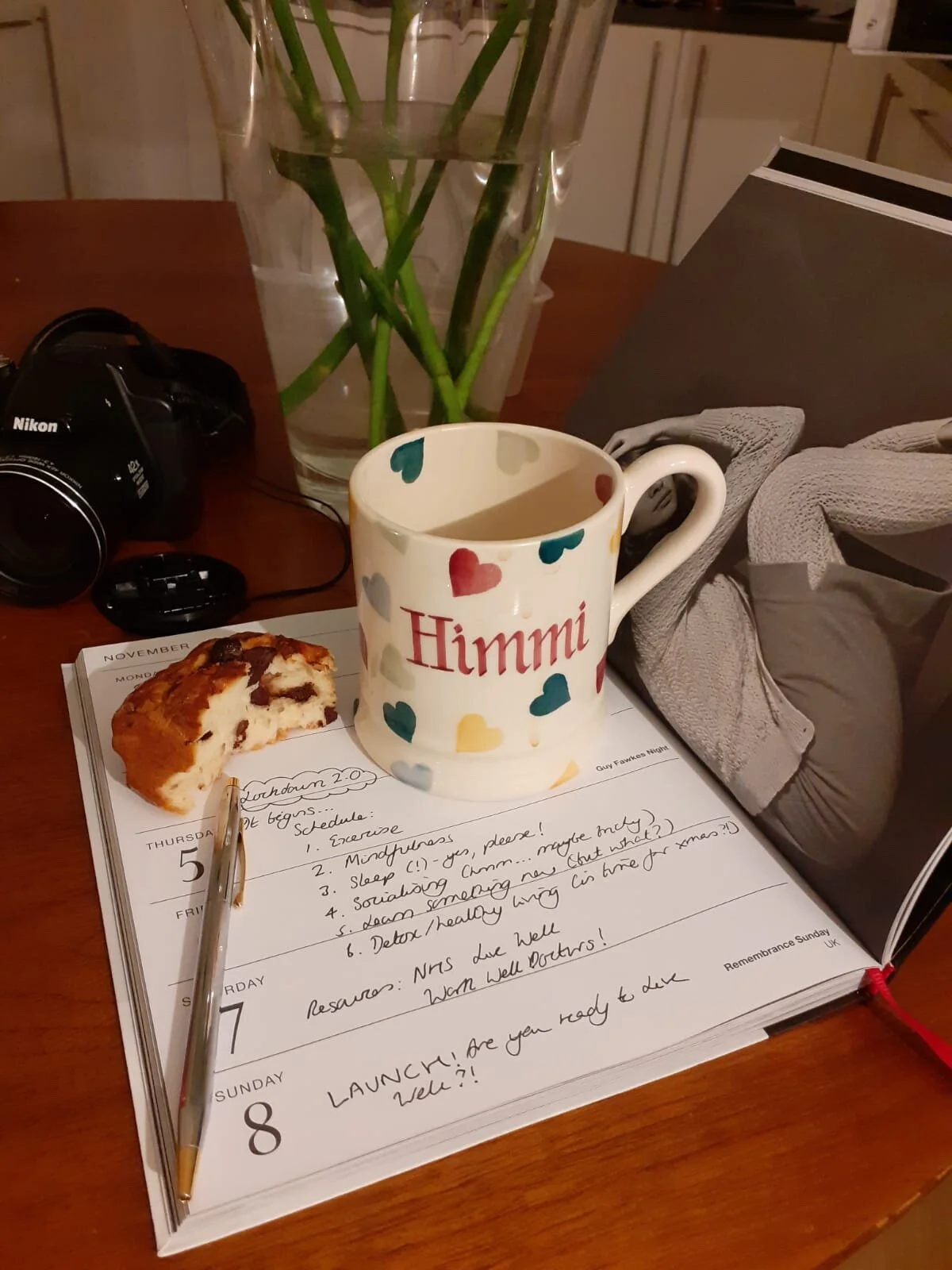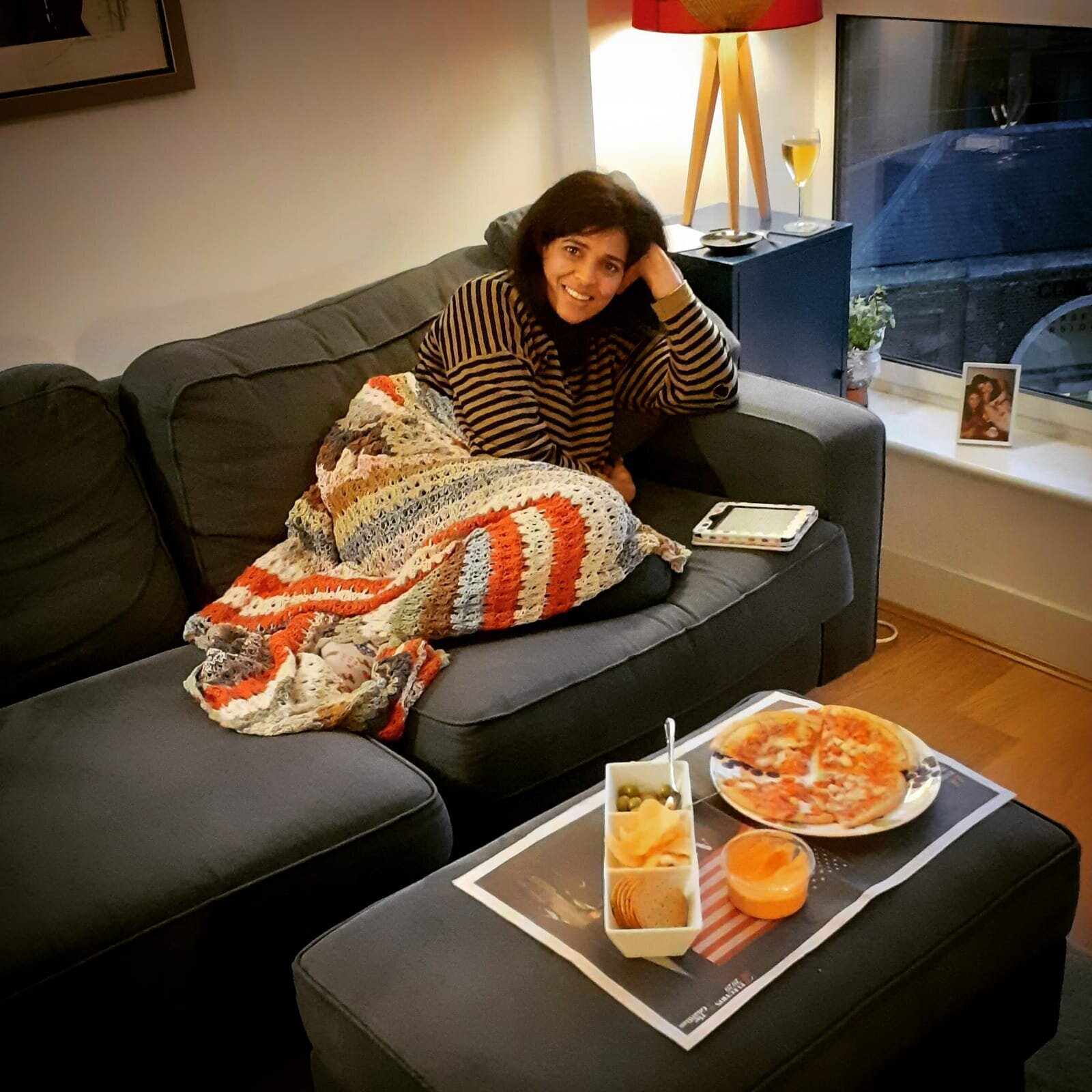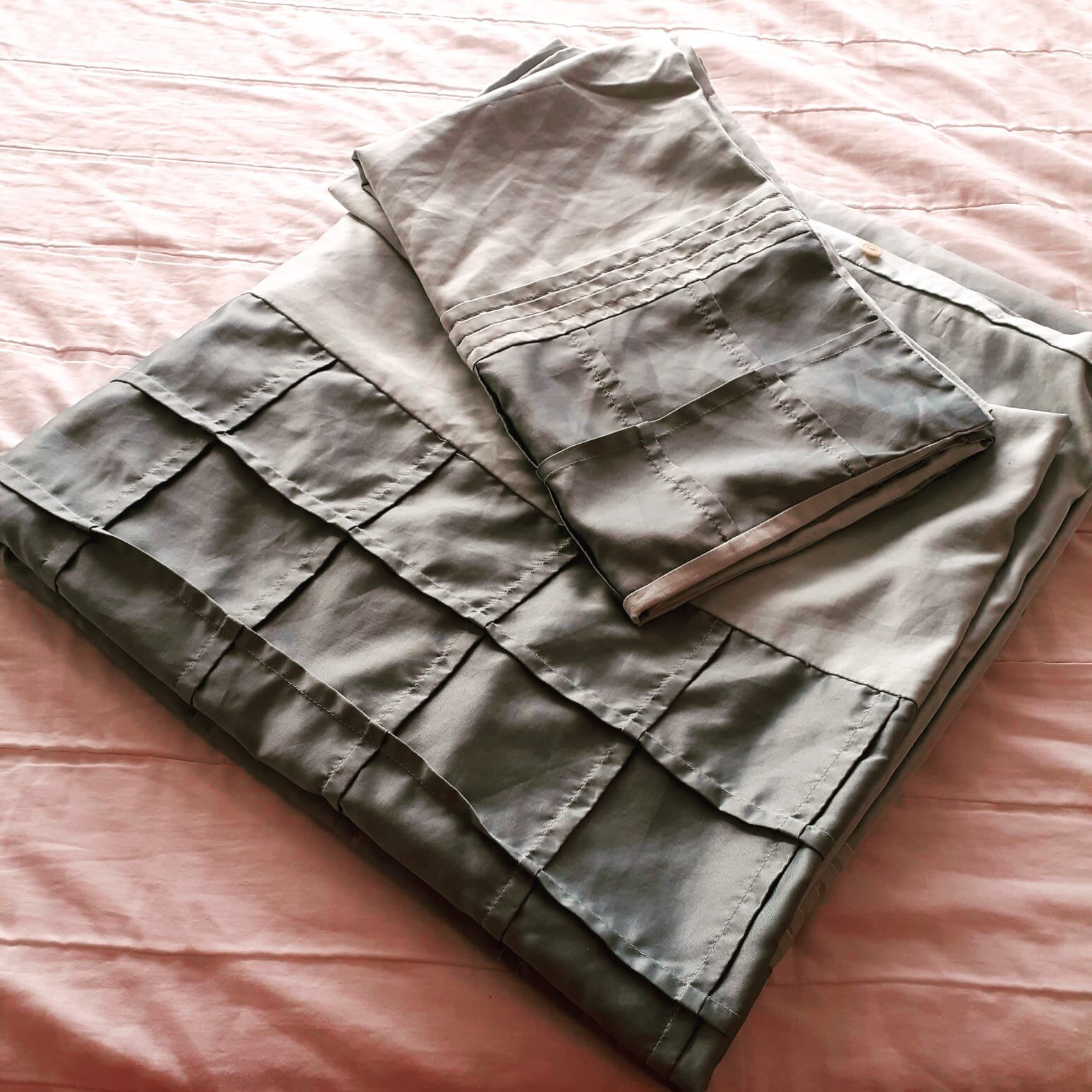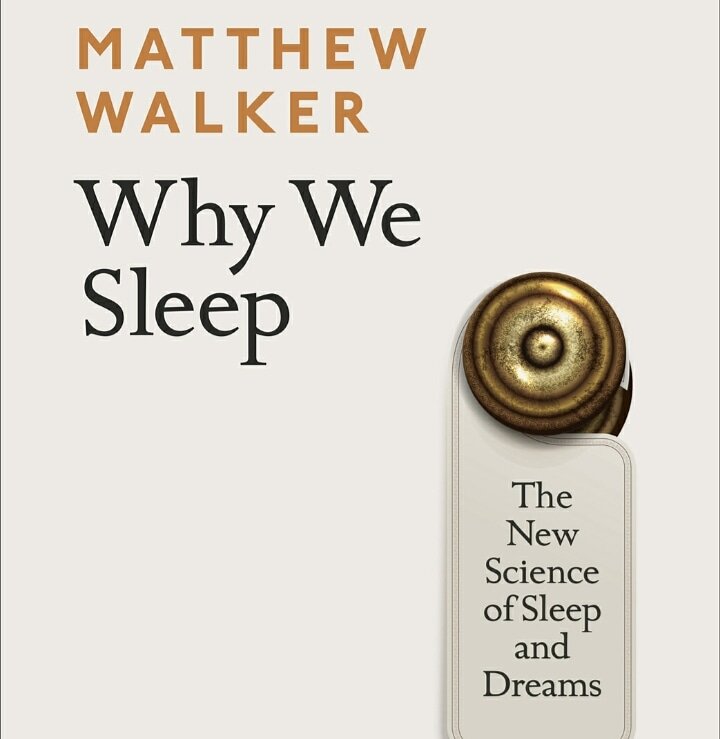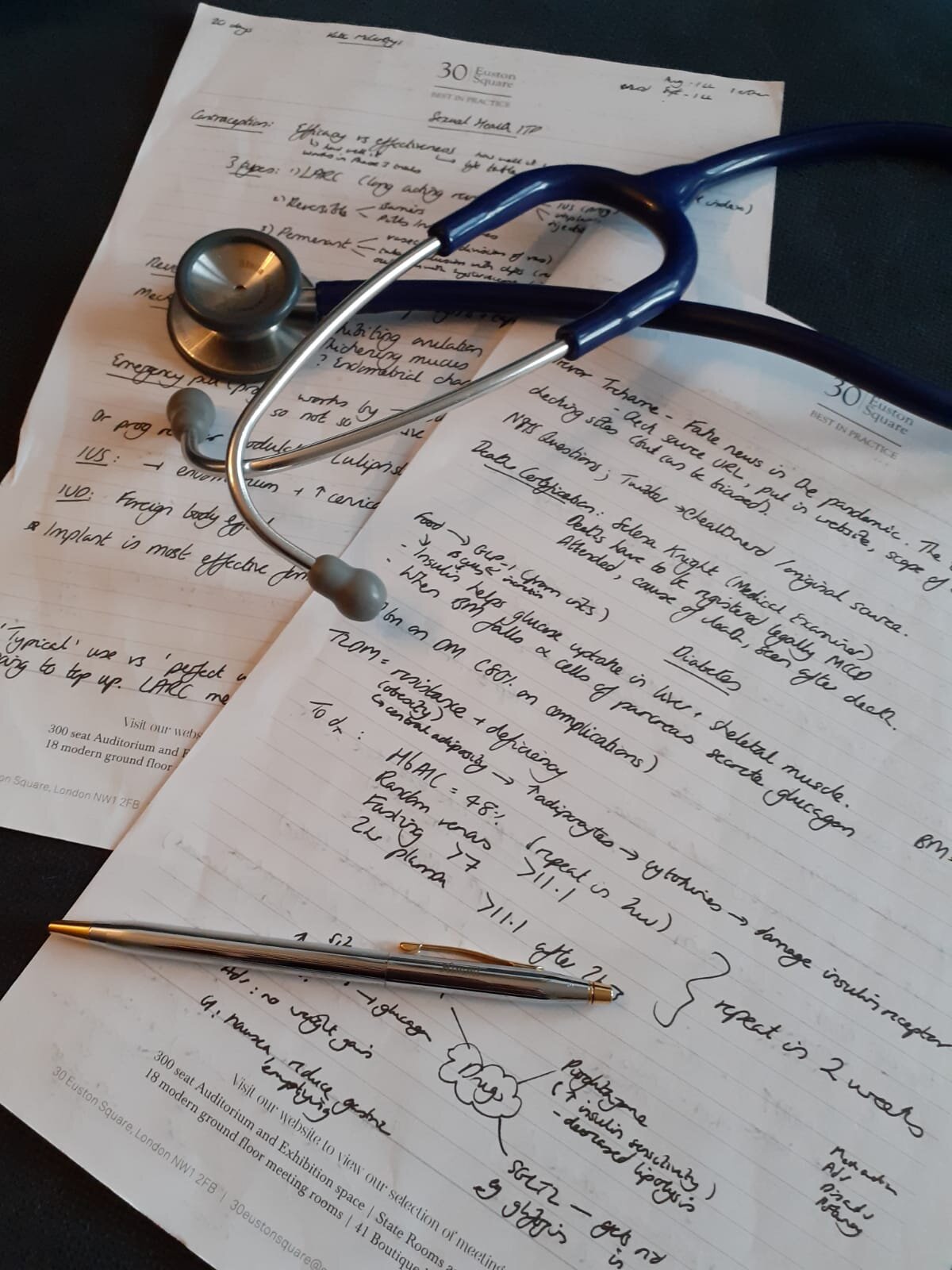Week 3: Sleep
/Week 3: Sleep
Sometimes all it takes is a 6 week Live Well plan to make a person truly commit to something.
Sleeping early has long been an aspiration for me but until now, unfairly overlooked. On those occasions, when I have managed to sneak into bed at a reasonable time, I have profited from the benefits the following day, but somehow or other, sleep has always been the one activity sacrificed in the interests of other demands. By making it this week’s Live Well strategy, I had no other option but to priortize sleep and let it have its rightful spotlight.
Forget mindfulness, forget even the endorphin rush of exercise, sleep was immediately transformative in its feel good effect. I had my doubts when turning the light out at 10 p.m. last Sunday night but the effects were noticeable from the moment I opened my eyes the next morning. Like many disgruntled working adults, Mondays feel like a death knell for me. The prospect of returning to work after a carefree weekend usually fills me with an existential angst such that I look in the mirror in the mornings and find my reflection replaced by Munch’s Scream instead.
Last Monday, not so much.
The day hurt less. By that, I mean things that usually took their toll like the morning traffic or the full inbox, after a full night’s sleep felt less like personal assaults, but rather simple inconveniences. I had more capacity to deal with what was placed on me and felt brighter and more engaged. The day progressed in the same fashion and with the exception of a post-lunch dip in energy, the buoyancy lasted the whole day.
Uncertain whether this was a one-off I made sure to get into bed similarly early on Monday night. The effect the next day was compounded and I felt even more energised. Everything seemed better. I was alert, could concentrate more and could even jog faster. Was this the secret ingredient that had been missing up until now? I thought I had a mental health problem, but could it be I was simply sleep deprived?
That could well be the truth. Scientific evidence shows the ever stronger link between poor sleep and all sorts of medical problems including high blood pressure (1), diabetes (2), and yes, mental health (3). Regularly getting a full night’s healthy sleep (7-8 hours) can reduce the risk of many of these conditions and could well explain the internal pep squad effect I had for most of the week.
The sceptic in me wanted to see if my general joie d’vivre was in fact due to the new factor in my life, or just because I was finally becoming a better functioning human being. Thus, after a few days of consistently feeling well, I indulged in a touch of alcohol with my Thanksgiving dinner on Thursday night. According to the books (the pop-culture Bible of which is Matthew Walker’s “Why We Sleep”) alcohol is the ultimate false friend to a good night’s sleep. Whilst it seems to help by increasing initial drowsiness (4), alcohol is a sedative, which disturbs brain chemistry and subsequent sleep patterns, all leading to a poorer night’s sleep (5).
Low and behold the next day spelt trouble for me. A full day of lethargy reminded me that sleep is a vulnerable thing, prone to disturbance from things like alcohol, stress and an excess of yummy, salty food. I have for the large part been blessed by an ability to fall asleep easily, which is particularly useful when shift working at the hospital, however, that does not mean my sleep is immune to extraneous factors. Contrary to what normally happens at the weekend, I found myself hurrying to bed at the relatively early time of 9.30 p.m. on Friday night, eager to right the wrongs of the previous day.
The early-to-bed paradigm poses a problem with sleep and the live-well lifestyle as a whole. For a full-time working adult there is relatively little time after work despite the rule of thirds implying that a day should be divided into 8 hours each for work, sleep and other things. The reality is that one or two of these activities swells at the cost of the others, most likely at the expense of sleep. In my case, work with its overtime and commute takes up a disproportionate amount of my day and in an effort to decompress I give more weight to other activities, which chips away at my eight hours of sleep. With the added obligations of the Live Well program, I am now having to incorporate my usual exercise and occasional mindfulness before the hard deadline of bedtime. It makes for pressured scheduling of my non-work time and being good in order to feel good is making me feel a bit like a nun.
So whilst I’m a full convert to the idea of regular and healthy sleep, I admit it’s not the easiest thing to do with modern life the way it is. After a week of disciplined bedtimes though, I can see why I should give sleep a little more respect and make it a priority.
This week’s blog is dedicated to my sleep-deprived sister in Sydney, Australia.
References
Grandner M, Mullington JM, Hashmi SD, et al. Sleep duration and hypertension: Analysis of > 700,000 adults by age and sex. J Clin Sleep Med. 2018;14(6):1031–1039. doi: 10.5664/jcsm.7176.
Reutrakul S, Van Cauter E. Sleep influences on obesity, insulin resistance, and risk of type 2 diabetes [published online March 3, 2018] Metabolism. 2018;84:56–86. doi: 10.1016/j.metabol.2018.02.010.
Lyall LM, Wyse CA, Graham N, et al. Association of disrupted circadian rhythmicity with mood disorders, subjective wellbeing, and cognitive function: a cross-sectional study of 91 105 participants from the UK Biobank [published online May 15, 2018] Lancet Psychiatry. 2018;5(6):507–514. doi: 10.1016/S2215-0366(18)30139-1.
Colrain, I. M., Nicholas, C. L. & Baker, F. C. Alcohol and sleeping brain. Handb Clin Neurol. 125, 415–431 (2014).
Roehrs, T., Papineau, K., Rosenthal, L. & Roth, T. Ethanol as a hypnotic in insomniacs: Self administration and effects on sleep and mood. Neuropsychopharmacology 20, 279–286 (1999).

